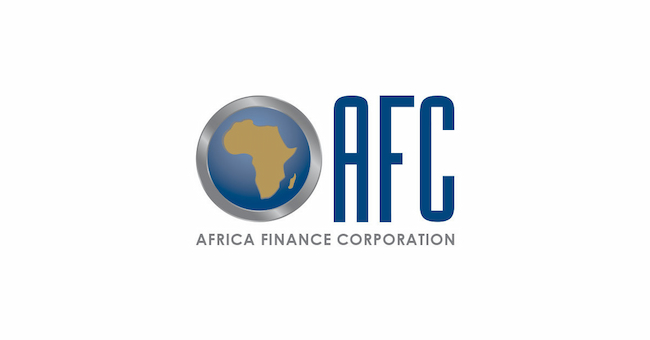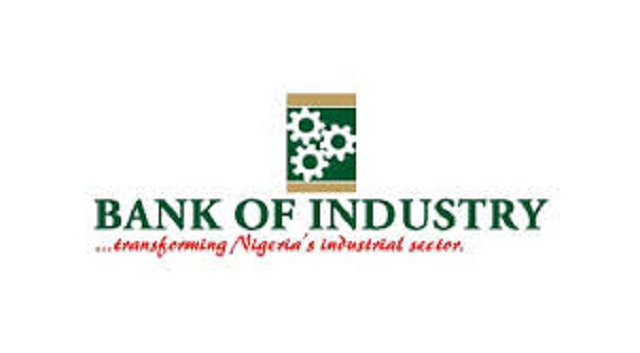Africa Finance Corporation (AFC), Africa’s leading infrastructure solutions provider, received a boost to its credit ratings outlook from Moody’s Investors Service, which assigned a “stable” outlook.
The decision ratifies the second-highest investment-grade ranking among African institutions for AFC as Moody’s affirmed the Corporation’s long-term issuer and senior unsecured ratings at A3 and short-term issuer rating at P-2.
“The stable outlook underlines the resilience of AFC’s credit profile in the face of a significant shock from the Covid-19 pandemic,” Moody’s analysts concluded in a statement.
“In light of developments during the past year, Moody’s expects AFC to maintain its intrinsic financial strength, with strong capital adequacy and asset performance, liquidity and funding.”
READ ALSO: EFCC Boss Advocates Timely Return Of Stolen Assets
AFC’s A3 rating is underpinned by its intrinsic financial strength, which includes a capital position as measured by its Basel II ratio that increased to 34.1% in 2020 from 32.9% in 2019.
AFC’s funding and liquidity indicators exceed the average for A-rated peer institutions, with a 54% ratio of liquid assets to total assets at end-2020, compared to 50% for peers.
Despite markedly weaker market conditions, AFC’s availability of liquid resources increased to 125% of projected cash outflows in 2020, from 121% in 2019, significantly above the median of 83% for A-rated peers, enhanced by a demonstrated access to market funding.
Moody’s decision is critical as AFC leverages its top-tier credit ratings to achieve among the lowest borrowing costs of any institution on the continent and channels that capital into vital energy, transport, telecommunications, and natural resources infrastructure that drive local manufacturing and job creation.
To date, the Corporation has invested over US$8.7 billion in projects across 35 African countries. Much more is needed: the continent’s worst recession in decades has widened already substantial infrastructure financing needs estimated at US$130 to US$170 billion per year.
“The main driver to change the outlook from negative to stable is AFC’s demonstrated ability to avoid the erosion of its intrinsic financial strength despite the pandemic,” the Moody’s analysts wrote in their report.
In fact, “the Corporation’s capital adequacy has strengthened due to a slight decrease of its leverage ratio.”
Moody’s commended AFC for being “proactive in managing the risks inherent to the projects it finances” – a process the ratings company expects will continue through 2021 to deal with the aftermath of the pandemic.
The report also noted increased asset diversification: AFC’s exposure to the oil and gas sector, for example, has declined to 18% of the overall portfolio from 20% in 2019 and close to 50% five years ago.
Investors demonstrated their support for AFC’s business model in April by ordering 3.5 times more than the $750 million raised in seven-year Eurobonds at a record-low yield.
The funding adds to commitments from an inaugural green bond last year along with syndicated loans and concessional credit lines resulting from AFC’s “strong partnerships” with commercial banks and development finance institutions, Moody’s reported.
AFC was recently named as an eligible organization for providing Official Development Assistance through the OECD Development Assistance Committee.
A $60 million raise from new shareholders combined with issuance of $200 million of equity warrants to the Central Bank of Nigeria and a self-contribution of $115 million to reserves from AFC’s 2019 profits serves to illustrate ongoing strong support from stakeholders, Moody’s said.
“Amidst unprecedented challenges to our continent’s development from Covid-19 and its aftermath, it is gratifying to receive such strong endorsement for our strategy and to maintain the confidence of a key lever in our access to global capital markets,” Samaila Zubairu, President and CEO of AFC, responded.
“My thanks to the AFC team for their hard work and focus to actualise AFC’s mandate of reducing Africa’s infrastructure deficit. We will continue to pursue ways to accelerate development impact by creating jobs for young Africans seeking opportunities for a better livelihood.”












